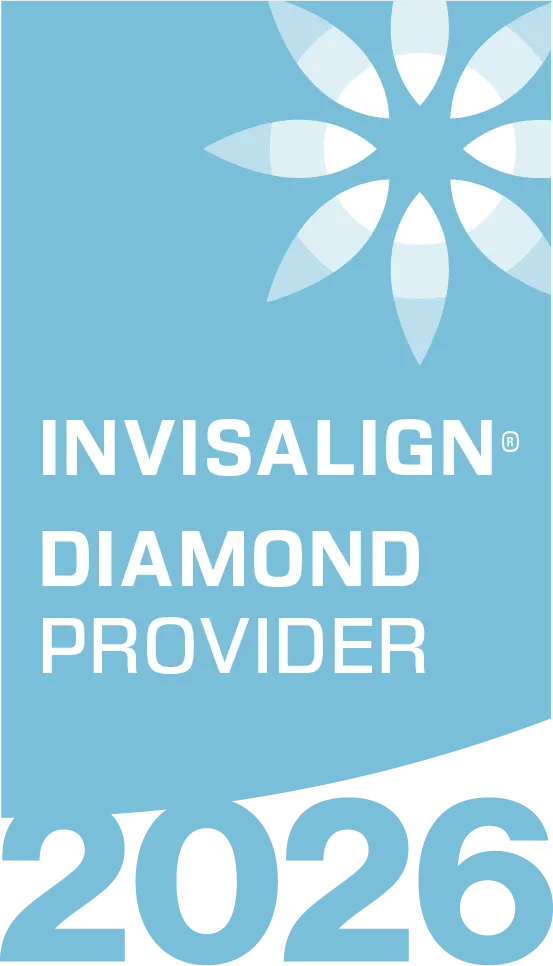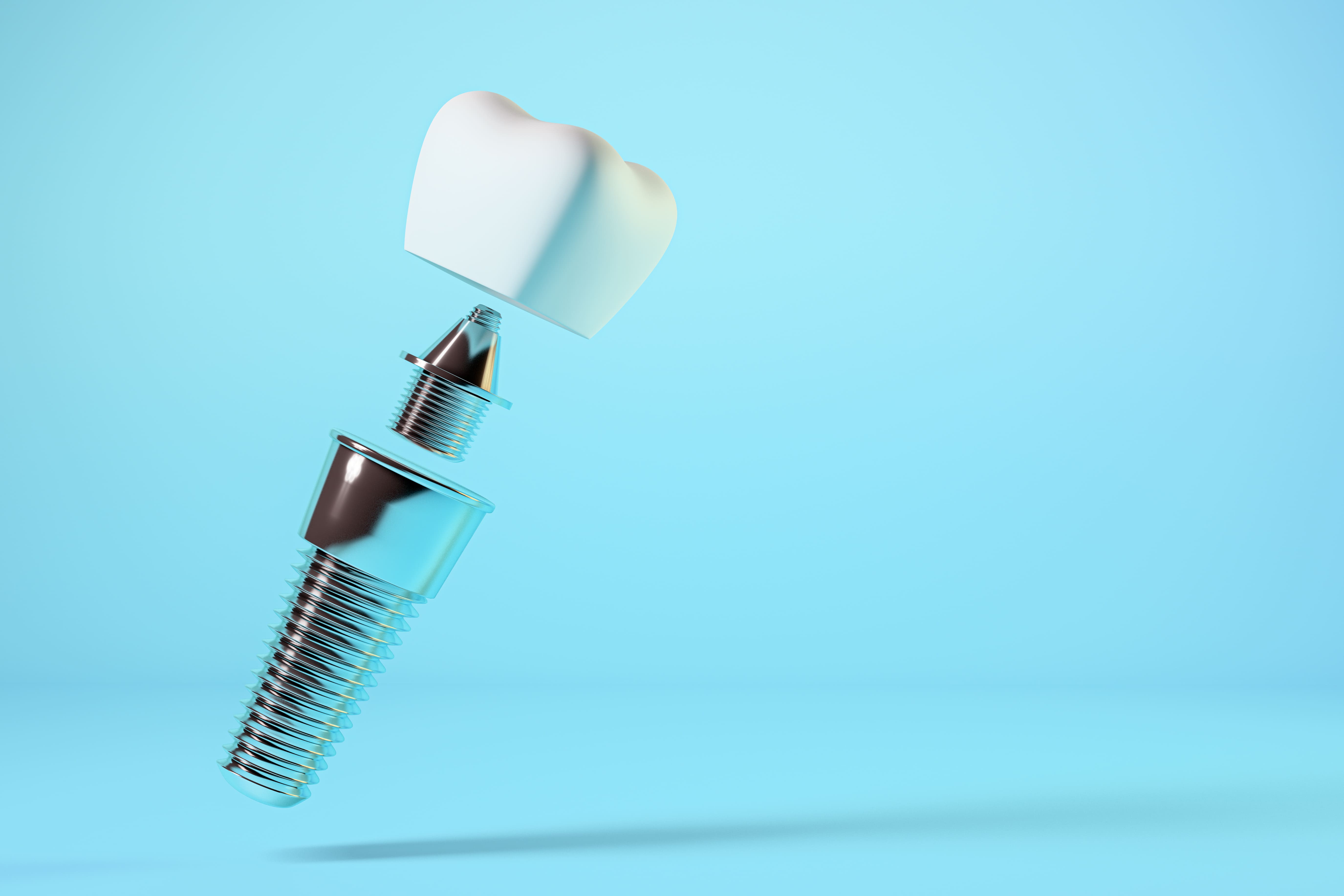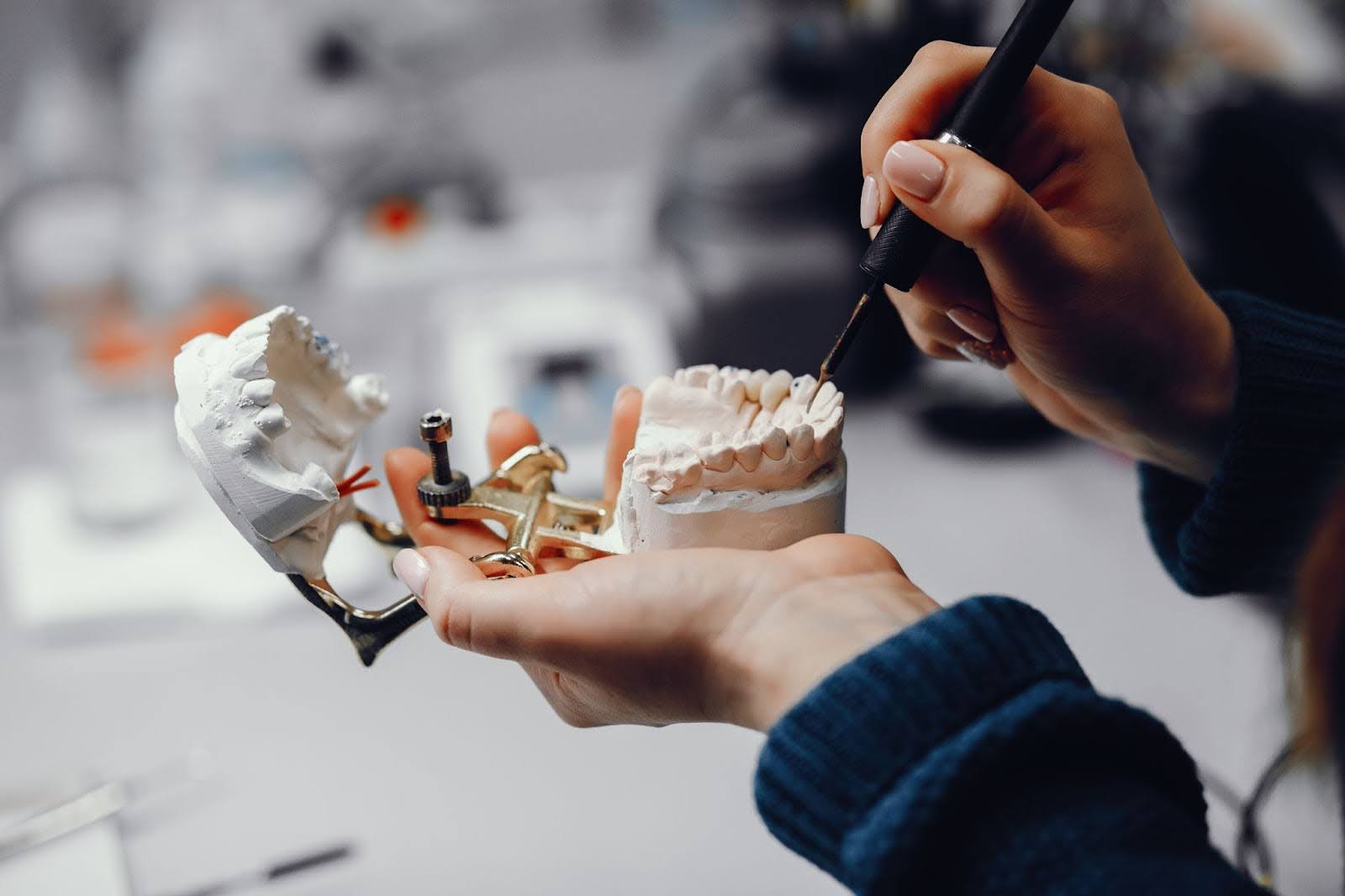If you or someone in your family is dealing with an underbite, you may already know the impact it can have on more than just your appearance. An underbite — when the lower teeth extend past the upper teeth — can lead to jaw discomfort, speech issues, difficulty chewing, and long-term dental health concerns. Fortunately, modern orthodontic treatments like Invisalign offer a non-invasive way to address this problem. But can Invisalign fix an underbite?
Let's explore how Invisalign works, whether it can help your case, and what to expect from the treatment.
Understanding the Cause of Your Underbite
Not all underbites are the same. Some are caused by dental misalignment, meaning the teeth are simply out of position. Others are skeletal, which involves a mismatch in the size or position of the upper and lower jaws. Knowing the difference is key because it helps determine the most effective treatment approach.
Invisalign is often an excellent option for mild to moderate underbites caused by misaligned teeth. In more severe skeletal cases, Invisalign may still be used, but it is usually used alongside other treatments, possibly even surgery. The best way to find out? Schedule a consultation with an experienced Invisalign platinum provider, like a trusted dentist in Flanders, who can assess your unique situation.
How Invisalign Works for Underbites
Invisalign uses a series of clear, custom-made aligners that gradually shift your teeth into their correct positions. You'll wear each set of aligners for about two weeks before switching to the next, slowly moving your bite into alignment. Most patients wear their aligners for 20 to 22 hours a day — taking them out only to eat, brush, and floss..
When used for underbites, Invisalign may focus on:
- Moving the lower front teeth backward
- Shifting the upper teeth forward
- Creating more room in your mouth through arch expansion
- Fine-tuning bite alignment with elastics or attachments.
Depending on the severity, Invisalign treatment can last anywhere from 6 months to 2 years. Generally, moderate underbite cases take about 12 to 18 months to correct.
Why Choose Invisalign Over Braces?
Traditional braces have long been the go-to for bite correction, and they're still used in complex cases. But for many, Invisalign offers a more suitable and comfortable alternative.
Here's why Invisalign stands out:
- Discreet appearance – Clear aligners are virtually invisible, making them popular for adults and teens.
- Comfort – No metal brackets or wires means less irritation.
- Removability – Eat your favorite foods and brush/floss like normal.
- Fewer visits – You'll typically visit your provider every 6-8 weeks for check-ups.
Invisalign in Flanders is growing in popularity for precisely these reasons — offering a lifestyle-friendly approach to orthodontic care.
Finding the Right Invisalign Provider
Your Invisalign results largely depend on the skill and experience of your provider. That's why it's essential to work with a qualified dental clinic in Flanders with bite correction experience. The Rand Center for Dentistry is an excellent example of a local clinic offering personalized Invisalign care. Our team understands the unique challenges of underbite correction and will guide you through every step of the process.
If you're looking for Invisalign near you in Mt. Olive or in surrounding communities like Hackettstown, Stanhope, Randolph, Chester, or Succasuna, it's worth considering a short drive to Flanders to receive expert care from a team that's genuinely invested in your smile.
What to Expect from Your Invisalign Journey
Starting Invisalign is a big step; it helps to know what lies ahead. Here's a general breakdown of the process:
- Consultation and 3D scan – Your provider will examine your bite and take a digital scan to map out your treatment plan.
- Custom aligners – Your aligners are crafted based on your unique needs.
- Regular progress checks – You'll visit your provider periodically to ensure your teeth move as planned.
- Retention – You'll likely wear a retainer after treatment to keep your new bite in place.
Consistency is key. Wearing your aligners as prescribed will give you the best chance of seeing tangible results — often sooner than expected.
Consulting an Invisalign Dentist
So, will Invisalign fix an underbite? In many cases, yes — mainly if your underbite is caused by dental misalignment rather than a skeletal issue. Invisalign offers a discreet, comfortable, and effective solution to help improve your bite and oral health.
Choosing the right provider makes all the difference. Whether you're seeking a dentist near you for a second opinion or ready to begin treatment with a trusted dentist in Flanders, take the time to find a team that listens, understands your goals, and has the expertise to get you there.
Ready to explore your options? Contact the Rand Center for Dentistry in Flanders today to see if Invisalign is right for you. Your journey to a healthier, more confident smile could be just one consultation away.
.webp)





